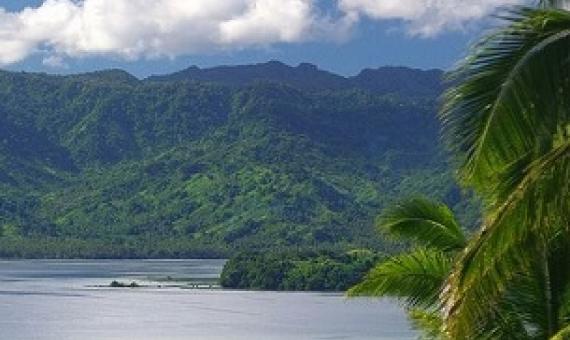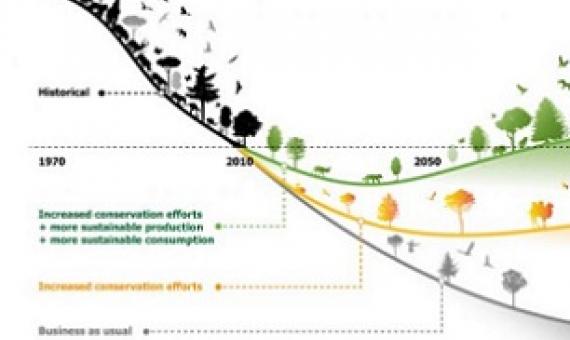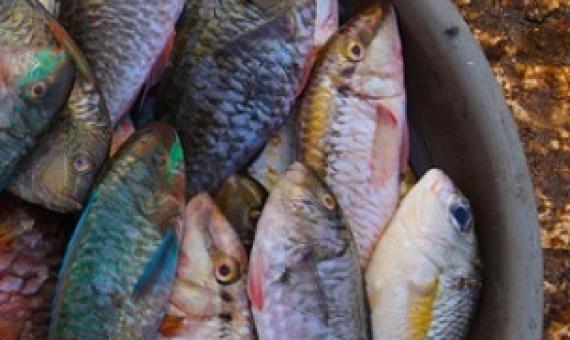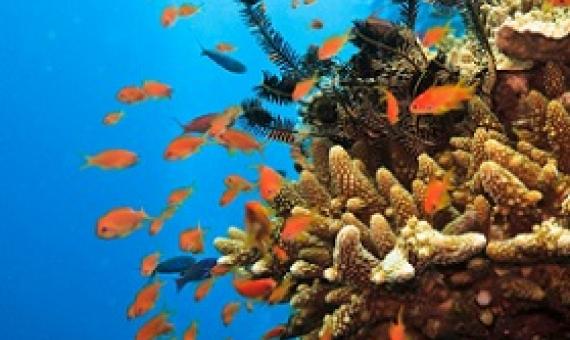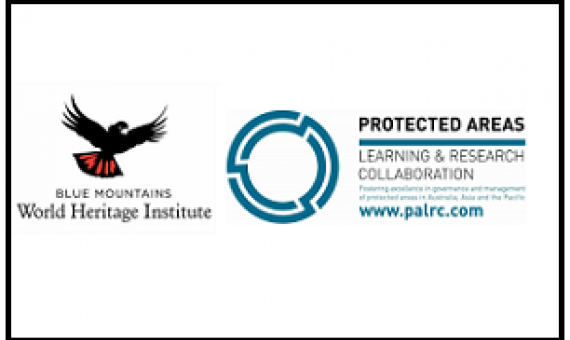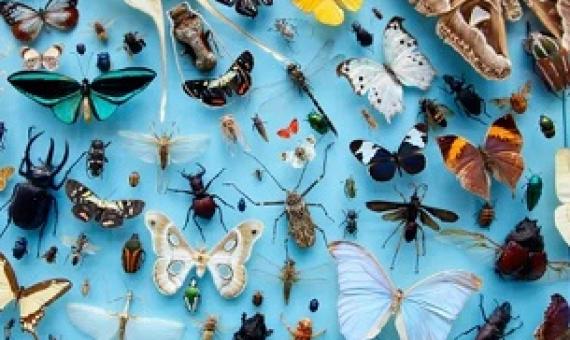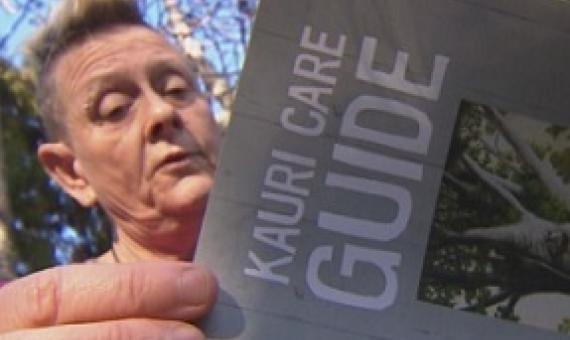United Nations help is being sought as part of Fiji's plan to develop the country's northern "paradise" of Savusavu into a Blue Town.
How many bird and mammal extinctions has recent conservation action prevented?
Aichi Target 12 of the Convention on Biological Diversity (CBD) contains the aim to ‘prevent extinctions of known threatened species’. To measure the degree to which this was achieved, we used expert elicitation to estimate the number of bird and mammal species whose extinctions were prevented by conservation action in 1993–2020 (the lifetime of the CBD) and 2010–2020 (the timing of Aichi Target 12). We found that conservation action prevented 21–32 bird and 7–16 mammal extinctions since 1993, and 9–18 bird and two to seven mammal extinctions since 2010.
Plant and animal species across the world are steadily disappearing due to human activity.
In this commentary, Michael Brown of Satya Development International, Beth Allgood of the International Fund for Animal Welfare, and a number of co-authors (see the full list at bottom) argue that the Covid-19 pandemic affords an opportunity for conservation to evolve away from underperforming bu
In 2018, following two years of unprecedented mass coral-bleaching across Australia’s Great Barrier Reef, I travelled to Queensland to talk to experts about how tourism is both helping and hindering conservation efforts there and what we can all do to help preserve the world’s largest coral reef
Addressing the implementation challenge of the global biodiversity framework
A Global Biodiversity Framework (GBF) is under discussion for the period 2021–2030, which will replace the ‘‘Aichi Targets’’ adopted by the Convention on Biological Diversity (CBD) in 2010. Given the limited success in meeting most of the Aichi Targets, this new framework must adopt a different approach. A key challenge the GBF must address is its implementation at national scales. Four ways this implementation challenge can be addressed include:
The Blue Mountains World Heritage Institute (BMWHI), in partnership with PALRC, is running an online training program over 10 half days from September 21 - October 2.
A plan to create the first universally recognised list of species on Earth has prompted hopes of an end to centuries of disagreement and confusion over how to classify the world’s library of life...Researchers hope a single recognised list would improve global efforts to tackle biodiversity loss,
Community conservation groups are under increased pressure as they face funding cuts as a result of the Covid-19 pandemic. Kauri Rescue’s funding from Auckland Council has been suspended since March, with the group concerned they won’t be able to continue helping property owners to treat tre
Conservation in the maelstrom of Covid-19 – a call to action to solve the challenges, exploit opportunities and prepare for the next pandemic
As we sit in the vortex of the Covid-19 outbreak, individual energies are focused on staying safe and juggling the personal, social and financial impacts of the pandemic and political responses to it. These impacts are profoundly re-shaping our lives, with many commentators suggesting that ‘normality’ will be permanently redefined for all sectors of society. The future is not clear because the maelstrom is so intense that it is unlikely that the dust will settle any time soon. This pandemic will be one of the major game changers for humanity in the 21st century.

